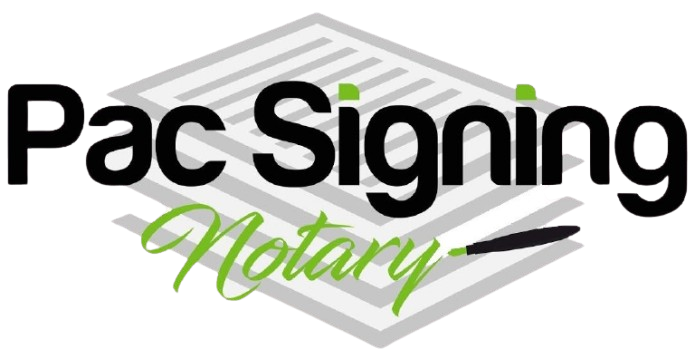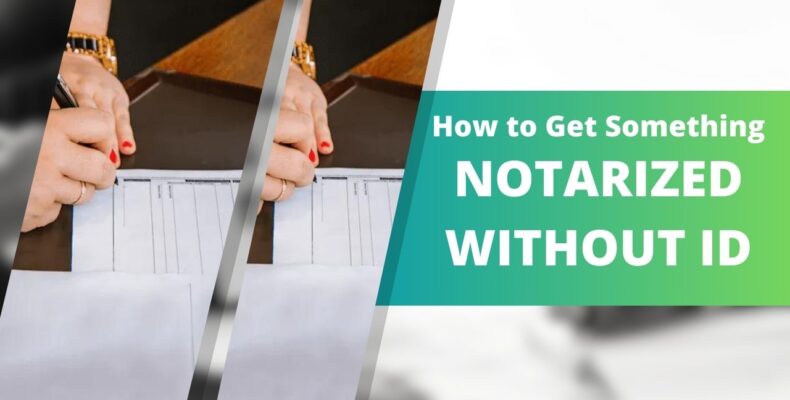The process of notarization often raises questions about identification requirements and their variations across different states and localities. People frequently inquire about the necessity of presenting two forms of identification when engaging a notary. While some regions mandate two forms, others may require only one. Specific guidelines established by local notary regulations dictate these prerequisites, making it essential to consult your local notary public to discern the precise requirements in your area.
Moreover, the validity of an expired ID for notary purposes remains a subject of concern. Typically, an expired ID doesn’t adequately establish one’s identity, as notaries must verify the signatory’s identity. However, in exceptional cases, alternatives or supporting documentation might be considered, allowing for a degree of flexibility in the process.
When fulfilling notary requirements for identification, presenting an original document in good condition, devoid of alterations, is crucial. These documents need to contain the necessary information for identity verification, a process which lies at the core of a notary’s responsibility. Notaries must thoroughly examine the presented identification, comparing the appearance to the photo, validating the signature, and ensuring the ID complies with state or local regulations.
Ultimately, notaries must adhere to the specific identification requirements set by their jurisdiction, including the number of IDs needed and the protocol for verifying identity. Being aware of and adhering to these regulations is vital for notaries to perform their duties accurately and legally.
Key Takeaways: How To Get Something Notarized Without Id
Do you need 2 forms of ID for notary?
Many people wonder whether they need to present two forms of identification when seeking the services of a notary. The answer to this question varies depending on the state and local regulations. While some states have specific requirements for the number of IDs needed, others may only require one form of identification. It is important to check with your local notary public to determine the specific requirements in your area.
Can I get something notarized with an expired ID?
In general, an expired ID is not considered a valid form of identification for notary purposes. Notaries are required to verify the identity of the individual signing the document, and an expired ID does not provide sufficient proof of identity. However, there may be exceptions to this rule in certain cases, such as when the individual can provide alternate forms of identification or supporting documentation.
How many forms of ID for notaries?
As mentioned earlier, the number of forms of identification needed for notary services can vary by state and locality. Some states require two forms of identification, while others may only require one. It is essential to check the specific requirements in your area to ensure you have the necessary documentation before seeking notary services.
What forms of ID can a notary accept?
Notaries are typically allowed to accept a wide range of identification documents, including valid passports, driver’s licenses, state identification cards, military IDs, and other government-issued identification cards. The ID should ideally be current and unexpired, showing a clear photograph and the individual’s signature.
Notary requirements for identification:
When it comes to notary requirements for identification, there are several factors to consider. The identification document should be an original, not a copy or a facsimile. It should be in good condition, free from any alterations or tampering, and should contain the necessary information to verify the individual’s identity.
Valid forms of ID for notary:
The most accepted forms of identification for notary services include a valid passport driver’s license, state identification card, military ID, or a government-issued identification card. These documents typically provide sufficient proof of identity and are widely accepted by not.
Acceptable identification for notary:
In general, acceptable forms of identification notary purposes include any government-issued identification document that is current and unexpired. These documents should provide a clear photograph of the individual and their signature.
Identification verification for notary:
The notary is responsible for verifying the identification presented by the individual seeking notary services. This may include comparing the individual’s appearance to the photograph on the ID, verifying the signature, and confirming that the ID meets the requirements set forth by the state or local regulations.
Proof of identity for notary:
The proof of identity required for notary services is typically provided through the presentation of a valid and unexpired identification document, such as a passport or a driver’s license. These documents provide the necessary information to verify the individual’s identity.
ID requirements for notary public:
Notaries public are required to abide by the specific identification requirements set forth by their state or local jurisdiction. These requirements may include the number of identification documents needed, the acceptable forms of ID, and the verification process for ensuring the individual’s identity. It is crucial for notaries to familiarize themselves with the applicable requirements to perform their duties accurately and legally.
FAQ:
What is a Notarized Certificate of Identity?
A Notarized Certificate of Identity is a document verified by a notary public affirming the identity of the person presenting it.
What do you need for a notary?
Typically, you’ll need the document, valid identification, and the individual involved in the notarization.
What are two forms of ID?
Two forms of ID may include a driver’s license, passport, state ID, social security card, birth certificate, or utility bill.
What can be used as two forms of ID?
Generally, a combination of a government-issued photo ID and a secondary form like a utility bill or birth certificate suffices.
How to verify a notary public identity?
You can verify a notary public’s identity by examining their official identification or contacting the state notary division.
How to get an ID notarized?
Getting an ID notarized involves presenting the ID to a notary public and signing an affidavit affirming its validity.

